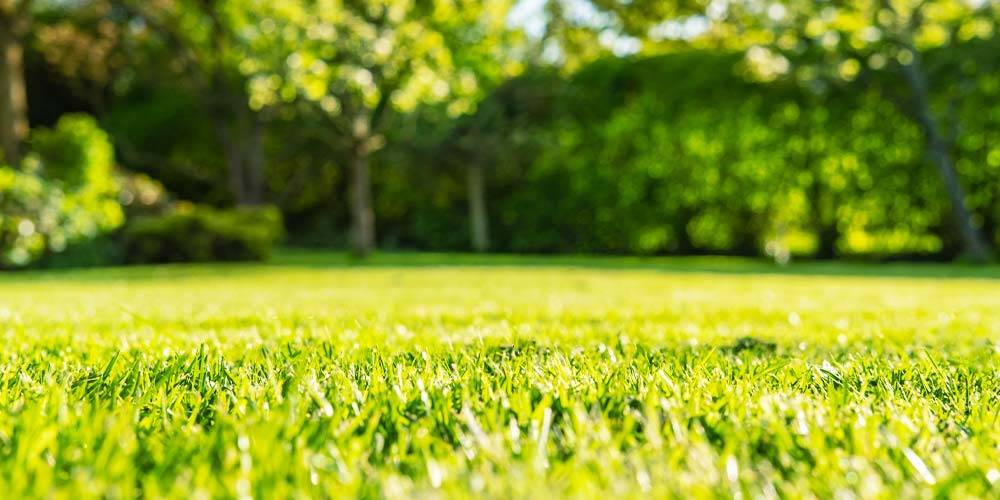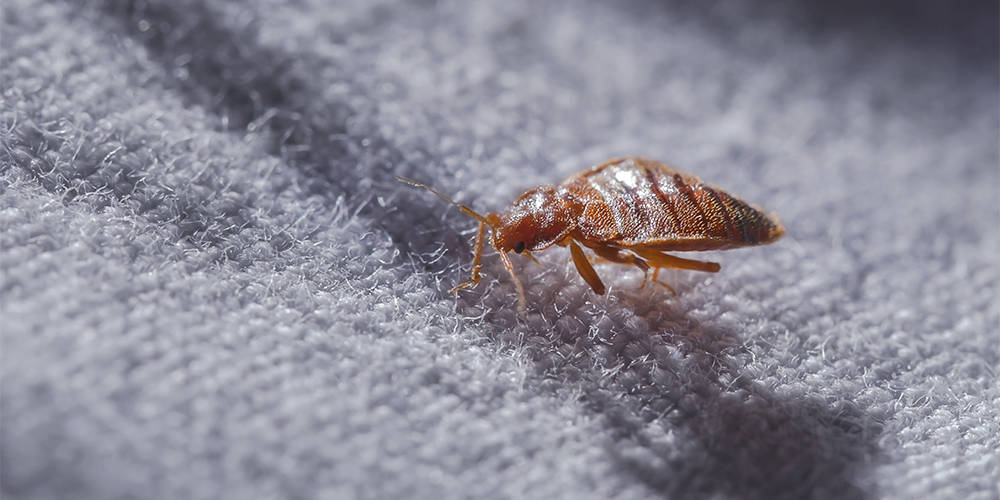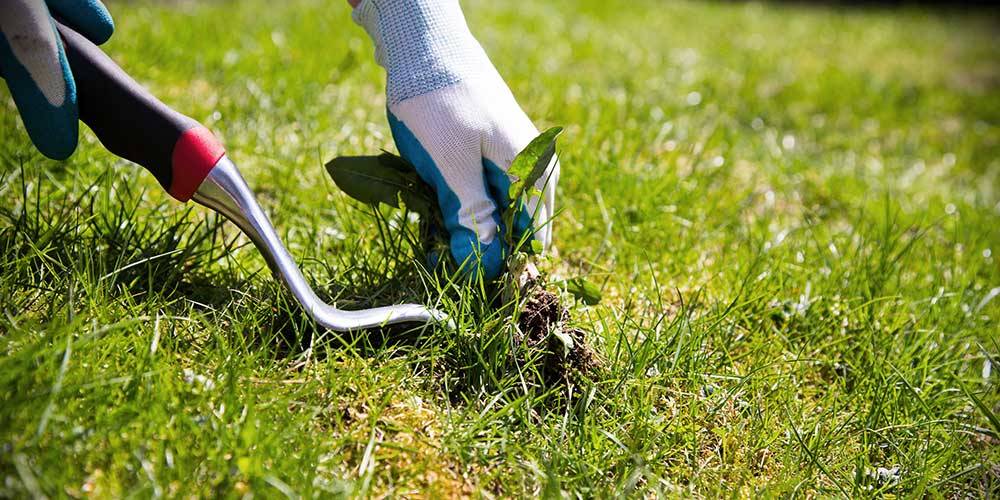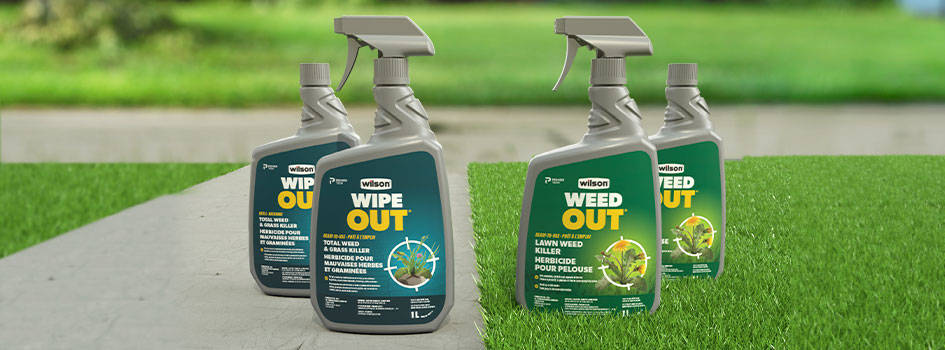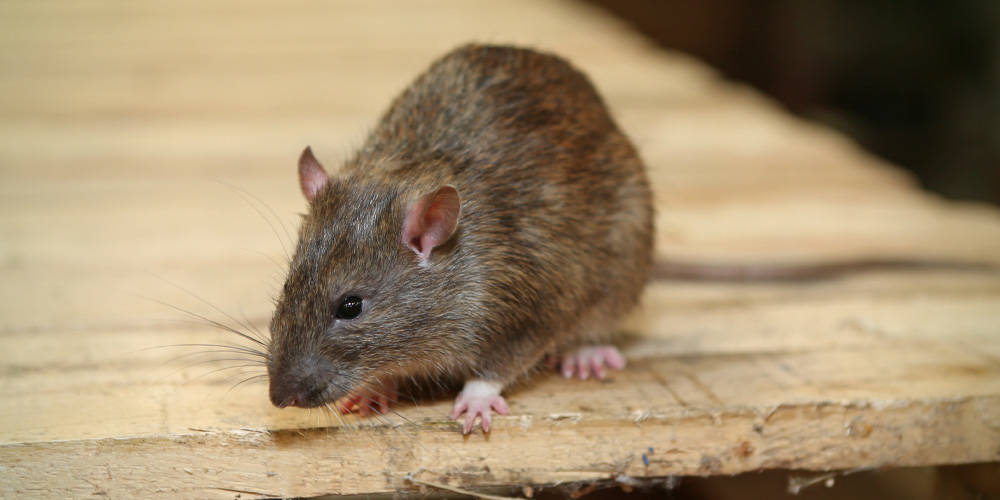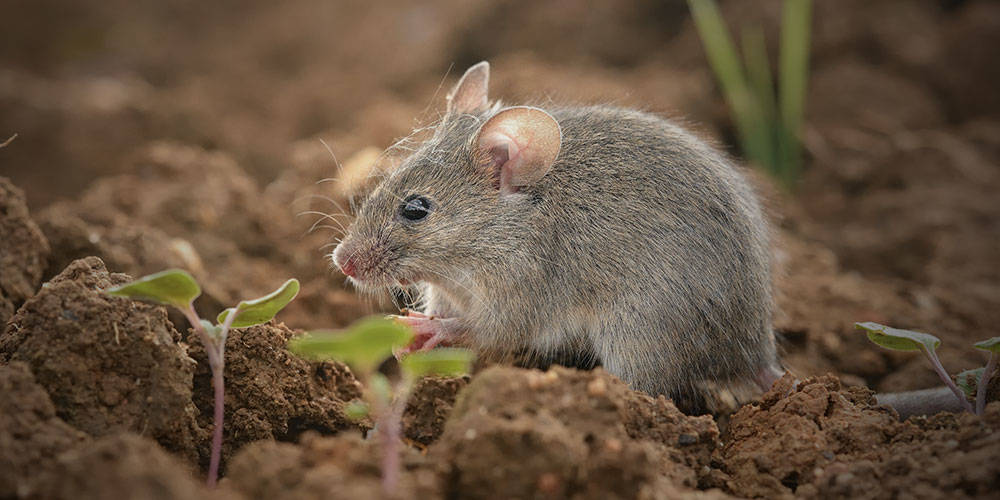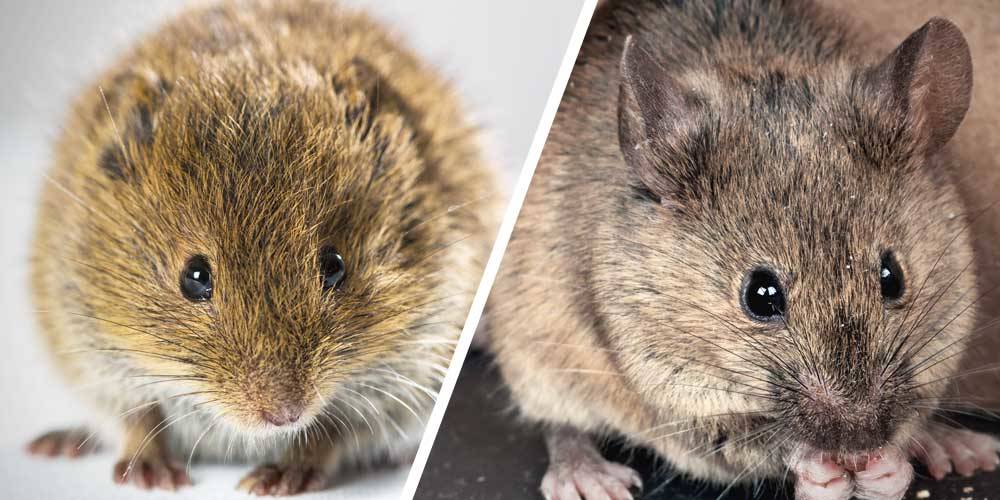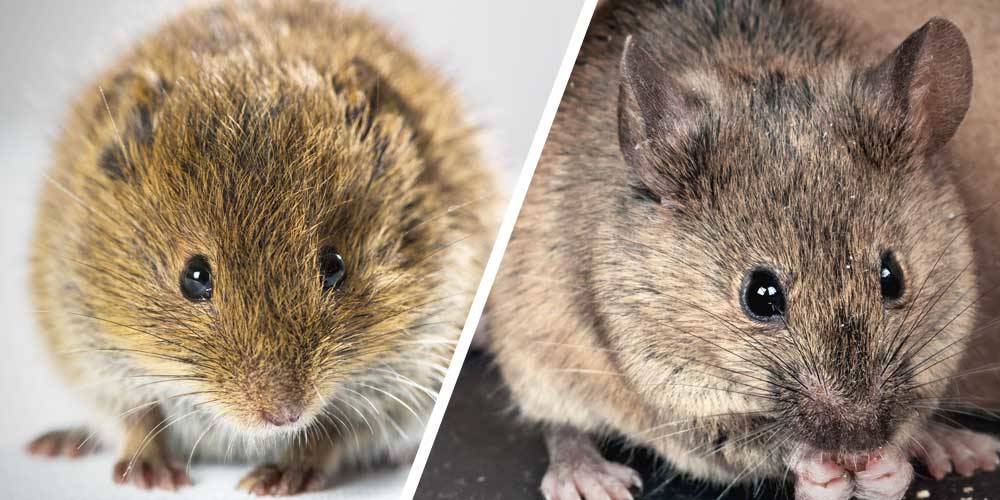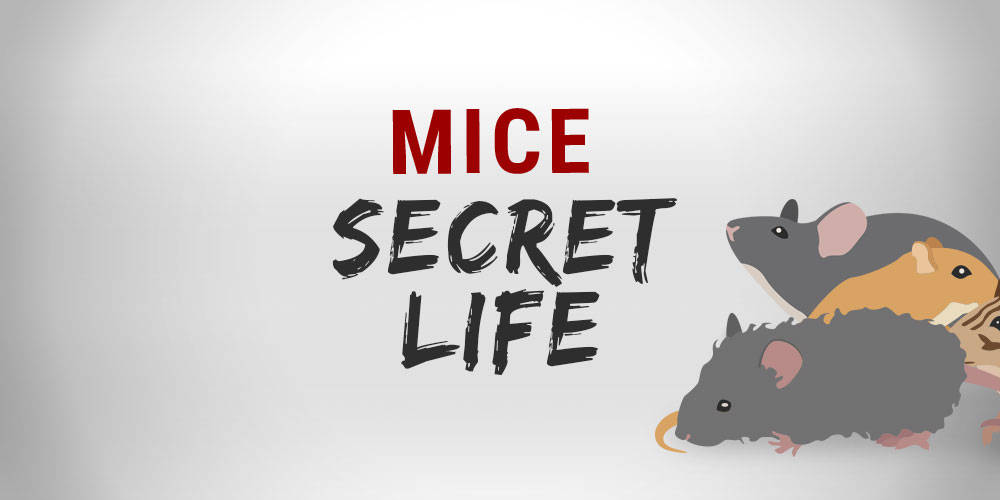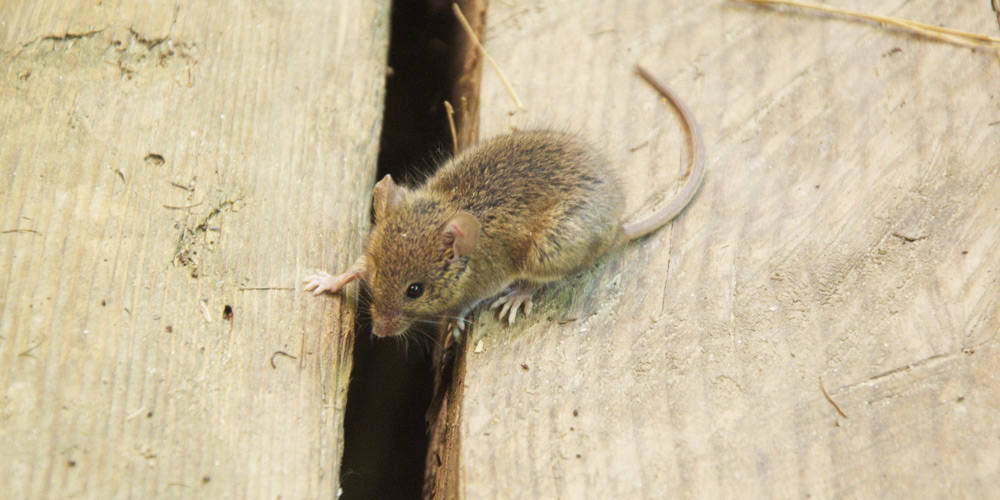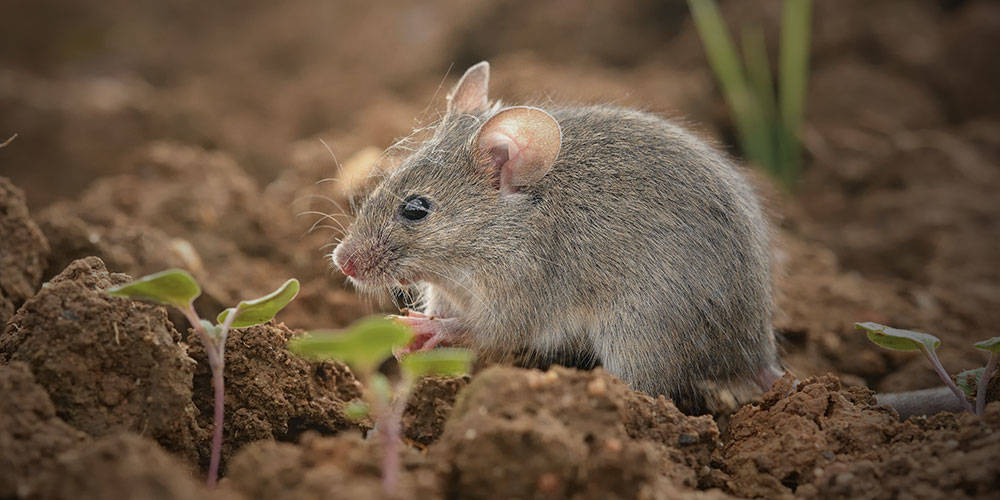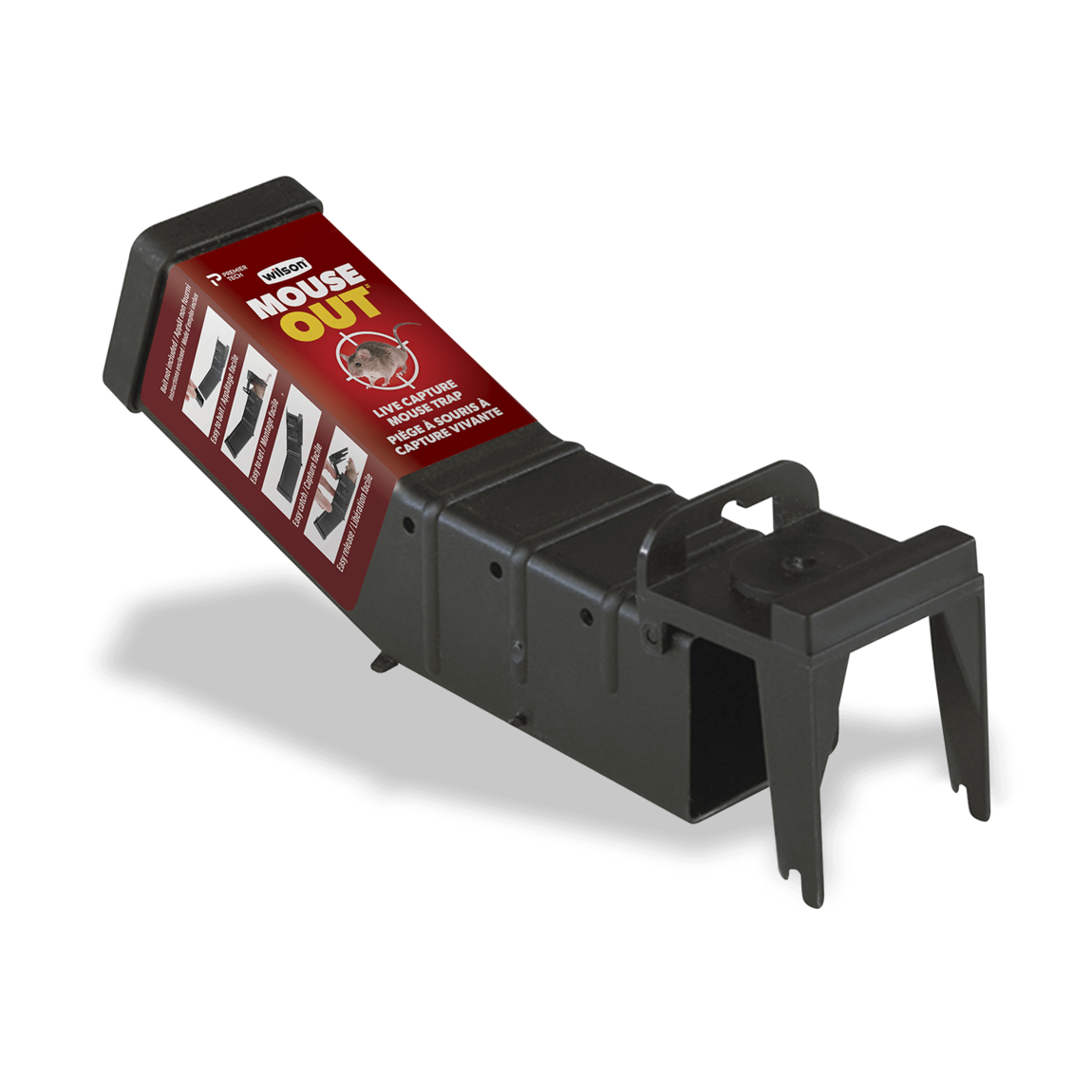

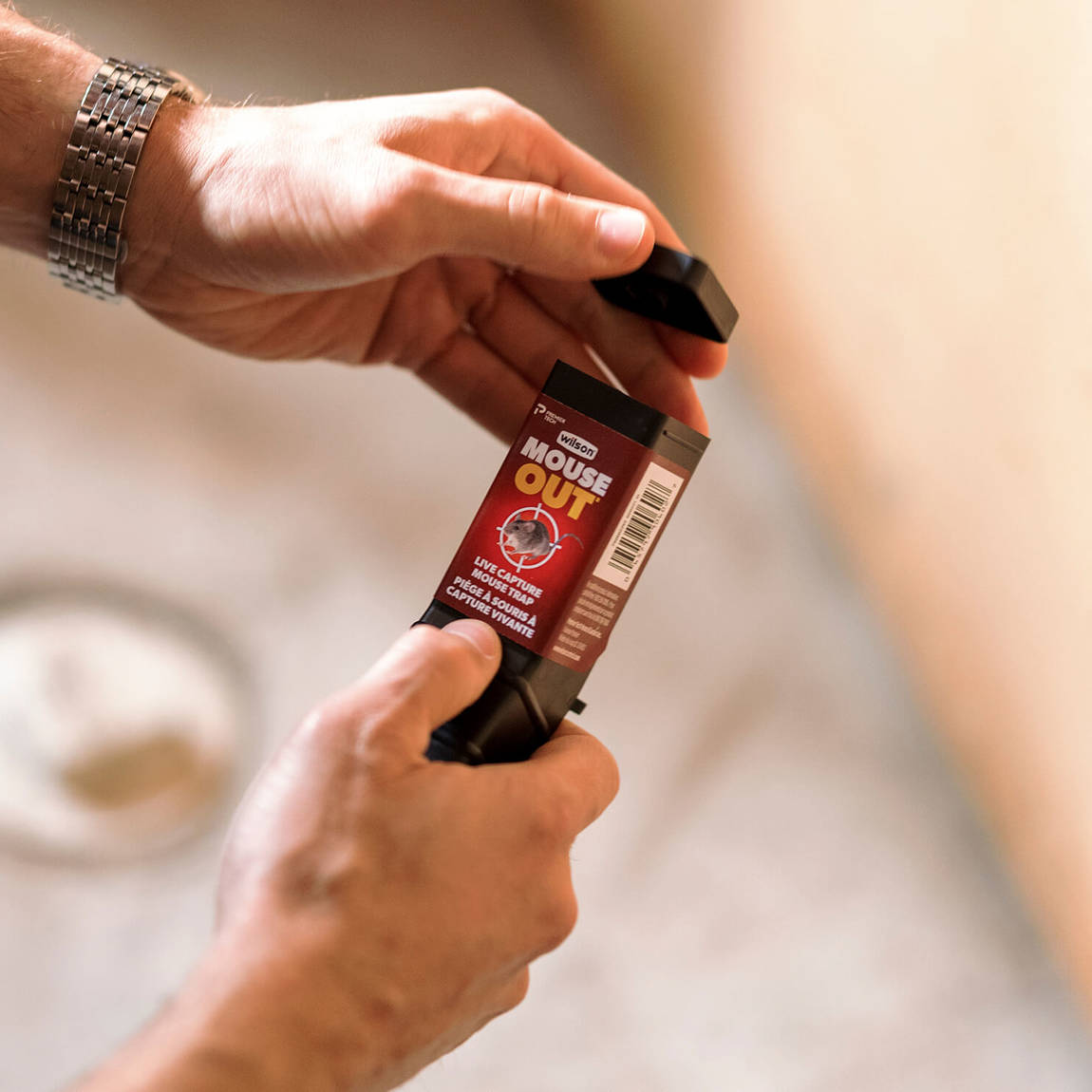

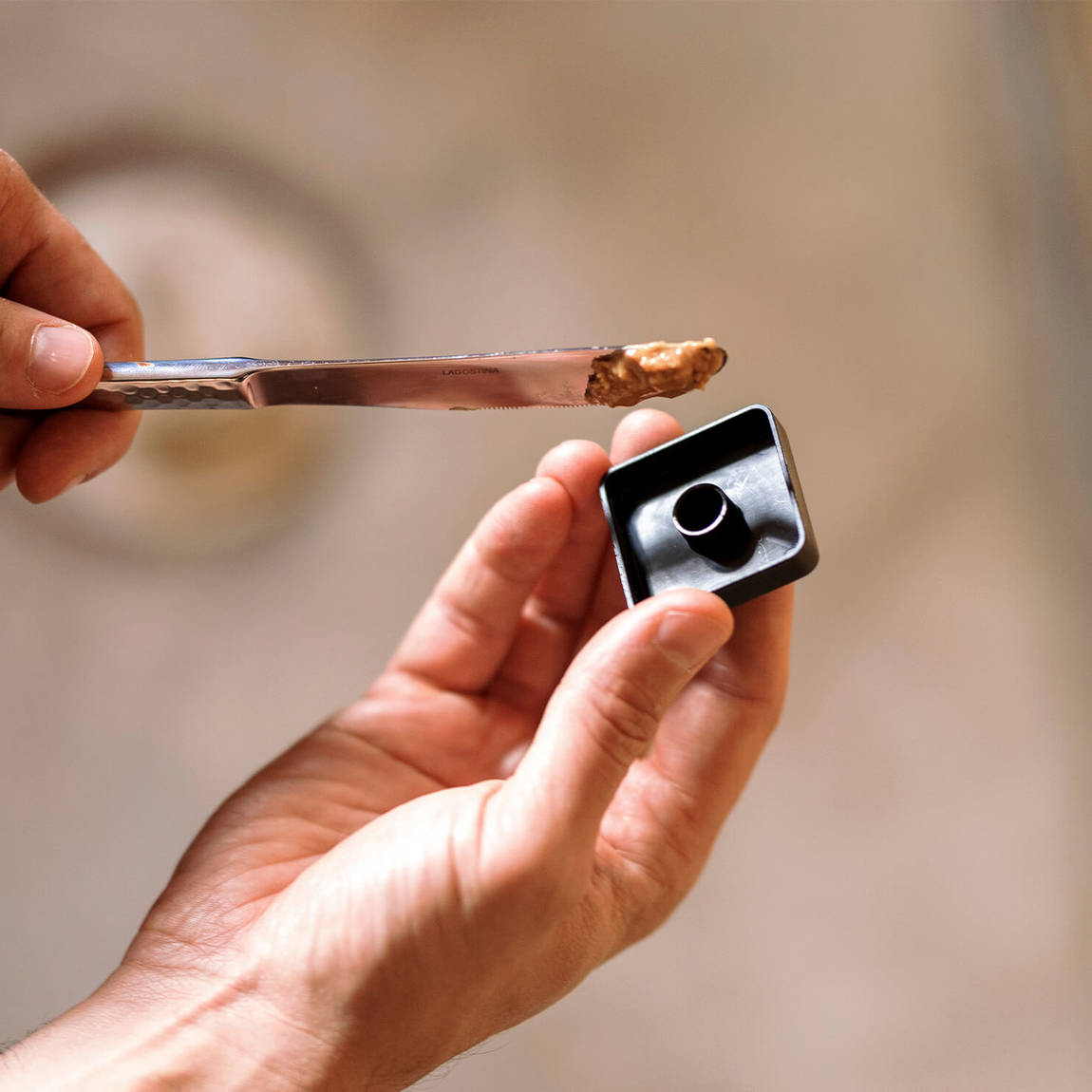

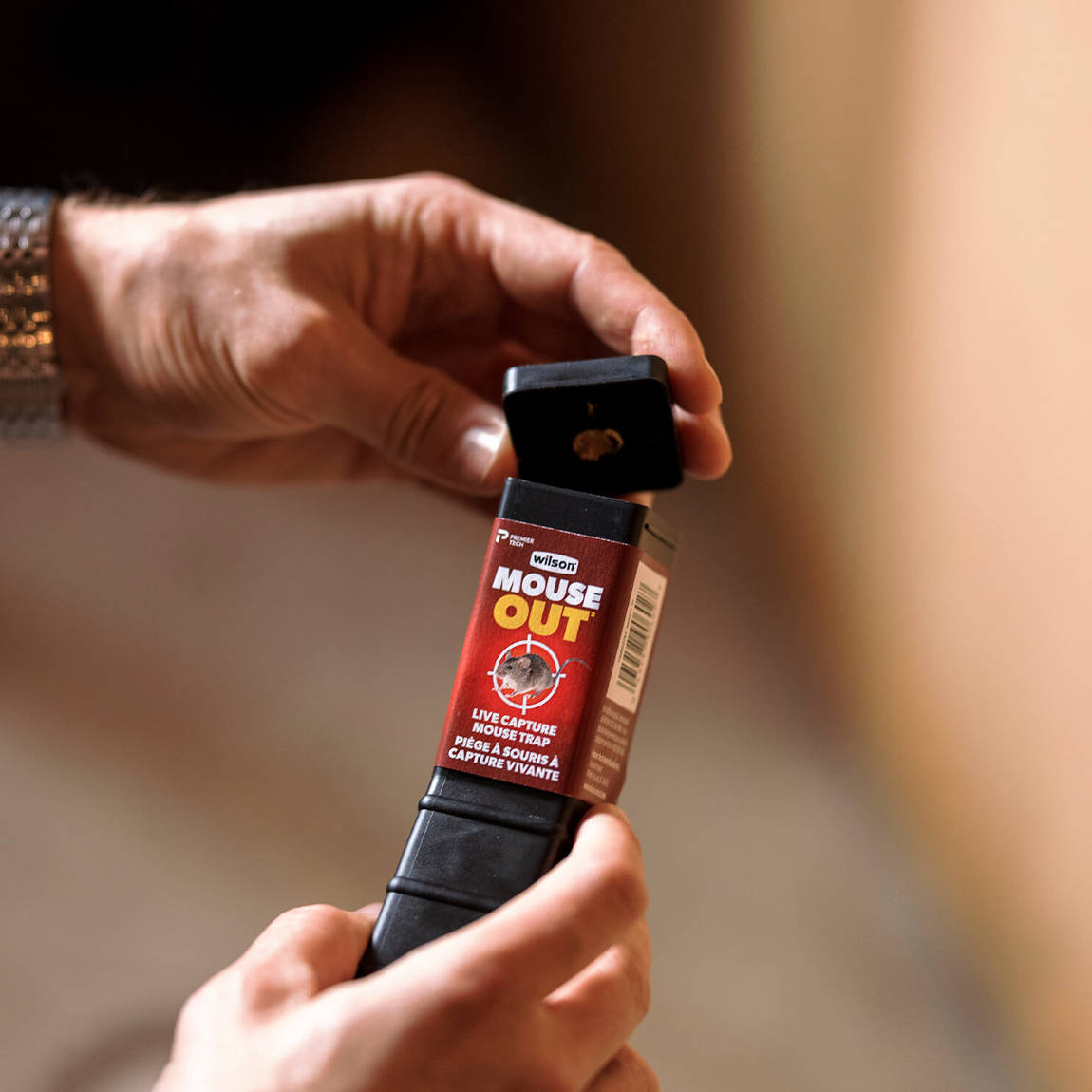

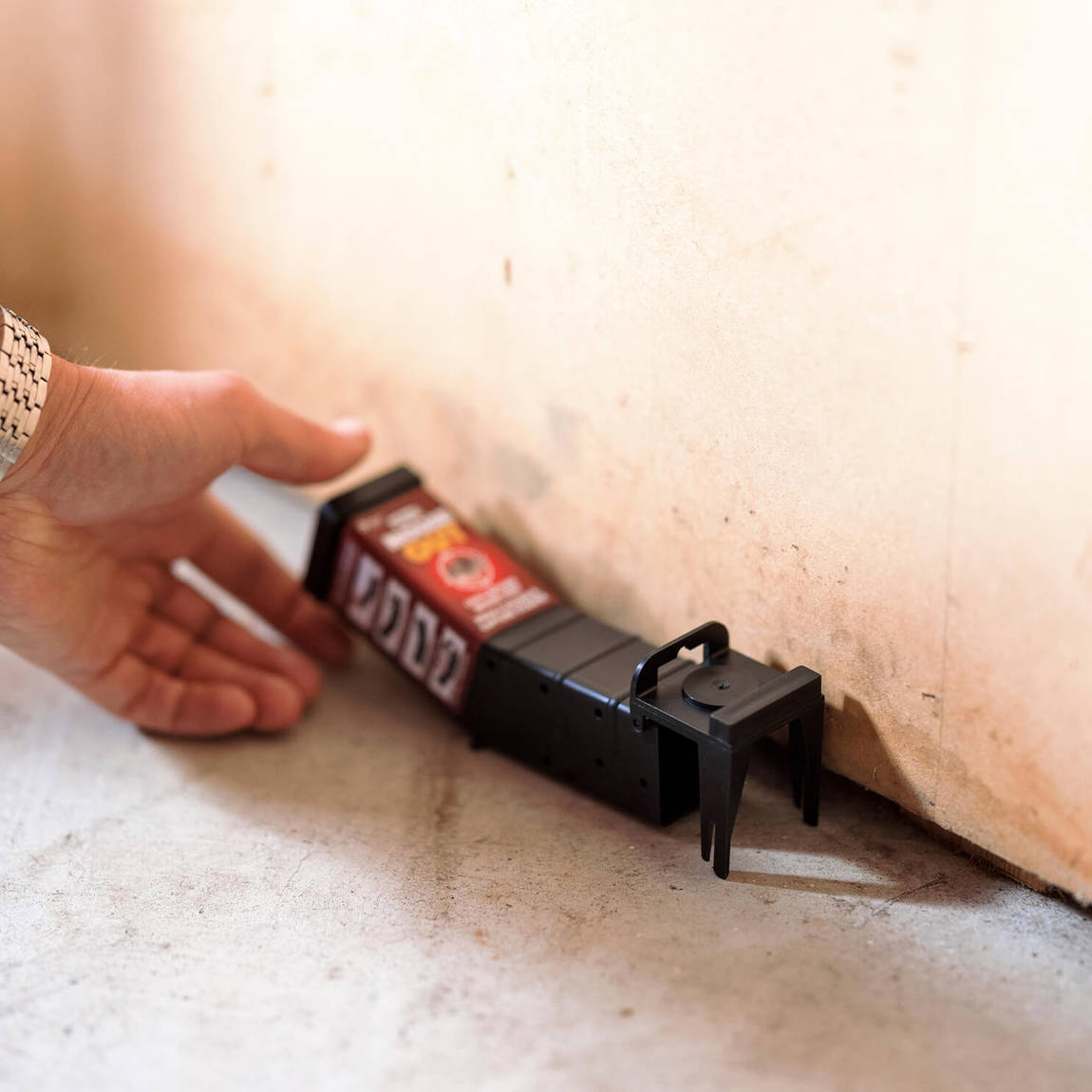

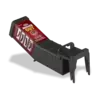
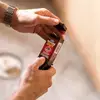
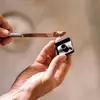
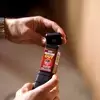
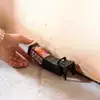
Wilson® MOUSE OUT™
Live Capture Mouse Trap
Former name: Wilson® PREDATOR® TIP TRAP™
You don’t want mice indoors, but you can’t bring yourself to kill the cute little critters. Wilson MOUSE OUT Live Capture Mouse Trap is an easy-to-set product designed to catch mice without killing them. Mice are attracted by the bait inside the trap. When they get inside, the trap tips automatically and the trap door closes behind them, making it impossible to escape. You simply need to take the trap and release the mouse outdoors. MOUSE OUT Live Capture Mouse Trap is made from plastic and can therefore be washed and reused. Bait not included.
Easy to bait, set, catch and release
Easy to bait, set, catch and release
Reusable - washable plastic and steel trap
Reusable - washable plastic and steel trap
Bait with peanut butter or spreadable cheese
Bait with peanut butter or spreadable cheese
Traps cannot be raided
Traps cannot be raided
Where to use
Outdoors
Indoors
Suggested trap locations for mouse control
- In suspended ceilings
- In lofts and attics
- In kitchens and food preparation areas
- In closets
- In garages and outbuildings
- Under floorboards and in wall cavities
- Under garden structures
- In access points to buildings
- In or under greenhouses
- Near livestock
- Around water features
Effective against
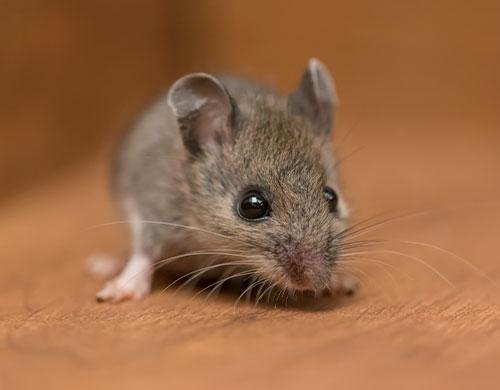
Mice
Mice
Step 1
Remove end cap and place peanut butter or spreadable cheese in bait cup (bait not included). Replace end cap.
Step 2
Place trap in problem area, preferably near a wall. The trap should run parallel to the wall with trap door in open position.
Step 3
Bait will attract mice.
Step 4
As the mouse moves inside, the trap trips up automatically, closing the tap door.
Step 5
To empty, hold trap and lift door with index finger.
Tips
Check trap every 12 hours to see if mouse has been caught.
It is a reusable product. When not in use, store it wherever you want.
For additional product information or in case of emergency, spills or fire, call toll-free 1-800-268-2608.
This product is safe for people and pets.
No active ingredients: peanut butter or spreadable cheese are recommended as bait.
Frequently asked questions about Wilson MOUSE OUT Live Capture Mouse Trap
The trap has to be baited and set, and placed along walls where you suspect activity. The bait inside the trap attracts the mouse to crawl in, and as it moves inside, the trap tips up automatically, closing the trap door. No harm is done to the mouse and you should release it outside, far from your house.Trapping this way is humane, as long as the traps are checked regularly.
Yes. There are no safety issues with the MOUSE OUT Live Capture Mouse Trap.
Always use quality bait that mice like. Peanut butter is an ideal option since it sticks to the bait holder, doesn’t fall off, and mice have to climb inside the trap to get to it. Check your traps regularly. Once tripped,the live mouse needs to be relocated outdoors, far from your house. The trap needs to be reset and put back in place. You need to continue using it until you’re sure that there are no more mice in your house.
Always put traps in areas where there is a lot of activity. If you see mouse droppings, this is a sign that traps should be placed in that room. Place traps along the walls and edges of your room. Mice aren’t likely to go through the centre of the room unless they are being chased. Instead, they tend to scurry along the edges of your room. Put traps along the walls near entry points like doors and windows.
Move your traps to different areas if nothing has been caught within a few days of putting them in place. Sometimes you have to experiment with placement to figure out what will work inside and outside your home. Stick with the same type of bait once you find something that works. This is essential to trapping as many mice as possible and ridding your home of an infestation quickly. Refresh bait every week if it does not lure mice. Use MOUSE OUT Live Capture Mouse Trap around the edges of your home and entry points to keep mice out.
Usually just one mouse but there have been instances of two or three mice captured at the same time!
Although one mouse is not considered an infestation, you need to consider that a single female can have 5-10 litters a year, with 6-8 babies each time. A newborn female mouse can start breeding at 6 weeks of age.It is important to nip the problem in the bud before it escalates!
Haven't found the answer to your question?
We are here to help you!
Similar products
To help you control mice without killing them
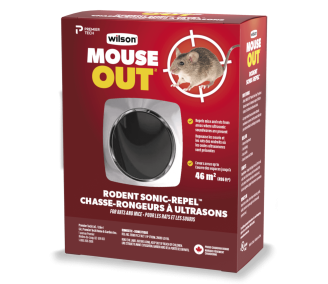
MOUSE OUT
Rodent Sonic-Repel
Easy-to-use generator of ultrasonic sound waves, creating an acoustically hostile environment in living spaces, forcing mice and rats to leave.
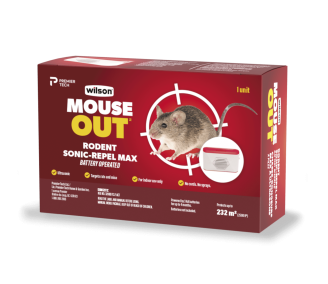
MOUSE OUT
Rodent Sonic-Repel Max Battery Operated
Portable battery-operated generator of ultrasound waves that repel mice and rats from targeted areas. Covers indoor areas up to 2500 sq ft.
